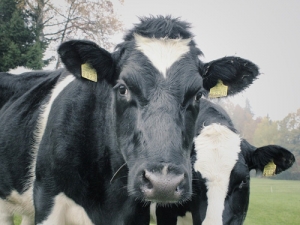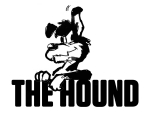West Australian milk production is booming on the back of its higher farm milk price of more than A$7/kgMS.
The latest Dairy Australia milk production figures for the month of February show a 13% increase on the same time last year and 6.5% growth since the start of the 2015-16 financial year.
"That's solid growth, by and large the result of farmgate prices," says industry analyst John Droppert.
"Not necessarily so much now, but in the last few years there have been many contracts at higher prices with strong competition for milk supply and those in turn have stimulated production."
Droppert avoids generalising about different prices across Australia but he estimates for West Australia (WA) it is A43c-55c/L.
"There's a fair bit of variation, but around A50c/L (about A$7/kgMS) and over is a good price compared to Victoria and it's pretty good historically for WA."
He said the farmgate milk price had been reasonable in WA this season and the one before. "Sustained pricing drives growth," Droppert says.
He said the WA market has recovered well from the days when milk was trucked across the Nullarbor Plain at a high cost.
"The aim of the game a few years ago was to secure the milk supply and so the three companies operating there were competing for a scarce supply," he says.
"That's when there were good prices long-term; three year contracts were being offered."
Contrast that to the south-eastern states: Victoria experienced a 3.3% drop in production vs the same time last year.
"It was a bigger drop than I expected," he says. "The milder weather might have been expected to moderate things a bit but a lot of the decisions already made can't be undone and a lot of farmers short of feed are budgeting on a lower milk price than they might have hoped for."
With dry conditions lasting through the next month, he didn't expect the March figures for Victoria to change dramatically.
"The fall in Victoria is largely climatic but also highlights the southern states' increased exposure to international markets," he says. "We hope some closer-to-average rainfall will help to put feed in front of them going into winter."
Despite a dry month, Tasmania production was 2.2% higher than the previous year.
Nationally, production was down 1.5% on the same time last year. Year to date the nation's dairies have produced 6.98 billion L (down 0.7%).


















